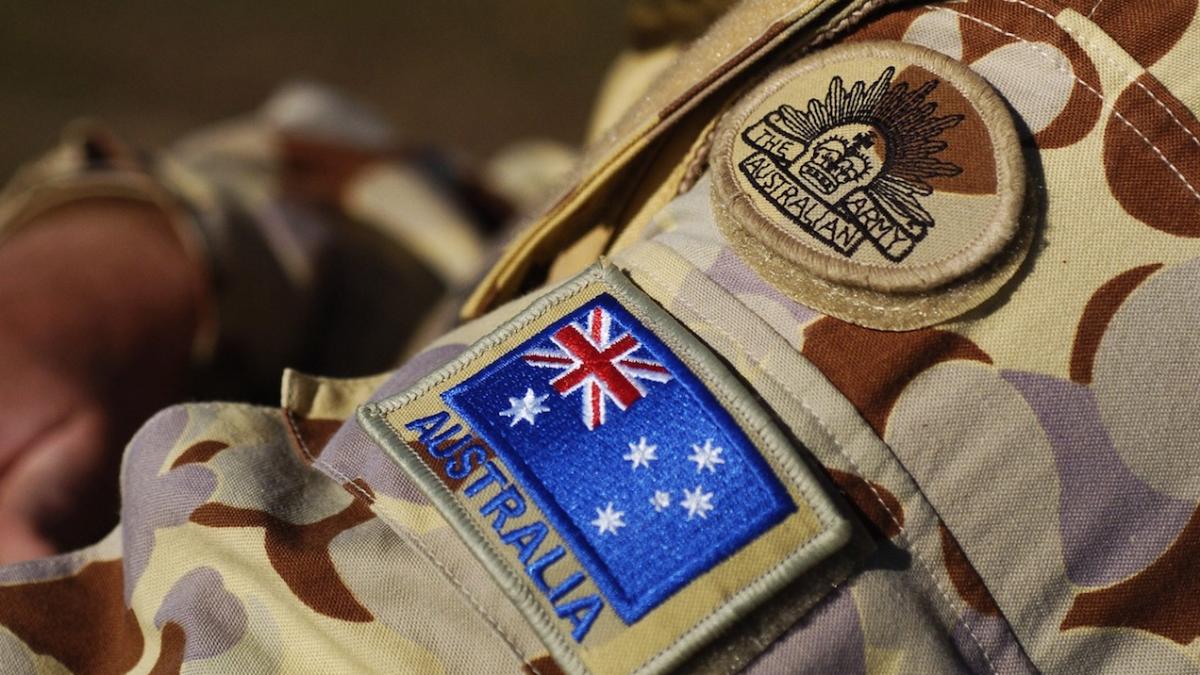
After a series of harrowing allegations of war crimes committed by Australian special forces troops in Afghanistan, Prime Minister Scott Morrison today announced the appointment of a Special Investigator into those grave claims.
Speaking in Canberra Thursday, Morrison said the Office of the Special Investigator will chase up the findings of one report, which took four years to compile and addresses at least 55 alleged incidents of misconduct between 2005 and 2016.
The report itself – led by Major General Paul Brereton for the Inspector-General of the Australian Defence Force (IGADF) – is expected to be released to the public in a redacted form next week.
Morrison said readers should be prepared.
“This will be difficult and hard news for Australians, I can assure you,” he said.
It’s the latest development in a long and arduous process, which has forced Australia’s armed forces to reckon with some truly shocking allegations.
Prime Minister Scott Morrison has announced a special investigator and inquiry into alleged war crimes committed by Australian defence personnel in Afghanistan between 2005 and 2016. pic.twitter.com/SLQGHXaCe4
— SBS News (@SBSNews) November 12, 2020
Here’s a brief rundown.
How did we get here?
Australia committed its support to the US-led war efforts in Afghanistan after the 9/11 terror attacks of 2001, in the hopes of disrupting Taliban control and the presence of the Al-Qaeda terrorist network. Australia’s military involvement began late that year.
Australian special forces troops have been involved in numerous combat operations during the war. But a series of incredibly disturbing reports and allegations of misconduct between 2005 and 2016 led to the establishment of the official IGADF probe, which interviewed more than 330 witnesses over dozens of alleged incidents.
As of last week, the report is in the hands of Chief of Defense Angus Campbell.
What’s in the report?
Well, it hasn’t been released yet, and any version which does become available to the public is likely to be significantly redacted.
However, the ABC reports the probe was tasked with chasing up allegations of extrajudicial killings by Australian troops.
The broadcaster notes the IGADF was not focused on decisions made in the “heat of battle”, but alleged incidents involving non-combatants or people who were no longer engaged in conflict.
We have a relatively good idea for the nature of incidents investigated by the probe.
Earlier this year, Four Corners aired 2012 helmet cam footage which appeared to show an Australian Special Air Service (SAS) soldier shooting an unarmed Afghan man three times in the head from point blank range.
An ADF investigation reportedly found the killing was justified as the man was found to have posed a threat.
The Department of Defence didn’t answer the outlet’s questions about the incident, but pointed to the ongoing IGADF investigation into alleged war crimes.
The soldier was later suspended from duty.
Elsewhere, Guardian Australia reports that leaks from the report allege Australian troops used civilians as “target practice”, among other grisly claims.
What has the response been?
At various points, senior military figures have warned of the report’s contents, including Chief of Army Lieutenant General Rick Burr, who recently called the allegations “extremely serious and deeply troubling”.
Yet reporting on the investigation has faced external challenges.
The ABC’s 2017 reporting on whistleblower comments and leaks prompted an Australian Federal Police (AFP) raid on ABC’s Sydney headquarters, and it was only last month that the AFP revealed it won’t press charges over the ABC’s The Afghan Files stories.
This is to say nothing of other significant legal challenges relating to the reporting on alleged war crimes. There’s a bit going on, and all parties involved will be focused on the report when it arrives.
What happens next?
The Special Investigator is yet to be named, Morrison said, but the office itself is “expected to be fully stood up next year, if not sooner.”
The Office of the Special Investigator won’t be empowered to lay charges in and of itself, but it will be empowered to refer specific allegations to the Director of Public Prosecutions.
It’ll likely take a while for that process to run its course, too. Morrison said the special investigator will work with international authorities to evaluate “large amounts of material”.
Even before that takes place, the release of the report itself is likely to be extremely jarring. Watch this space.







